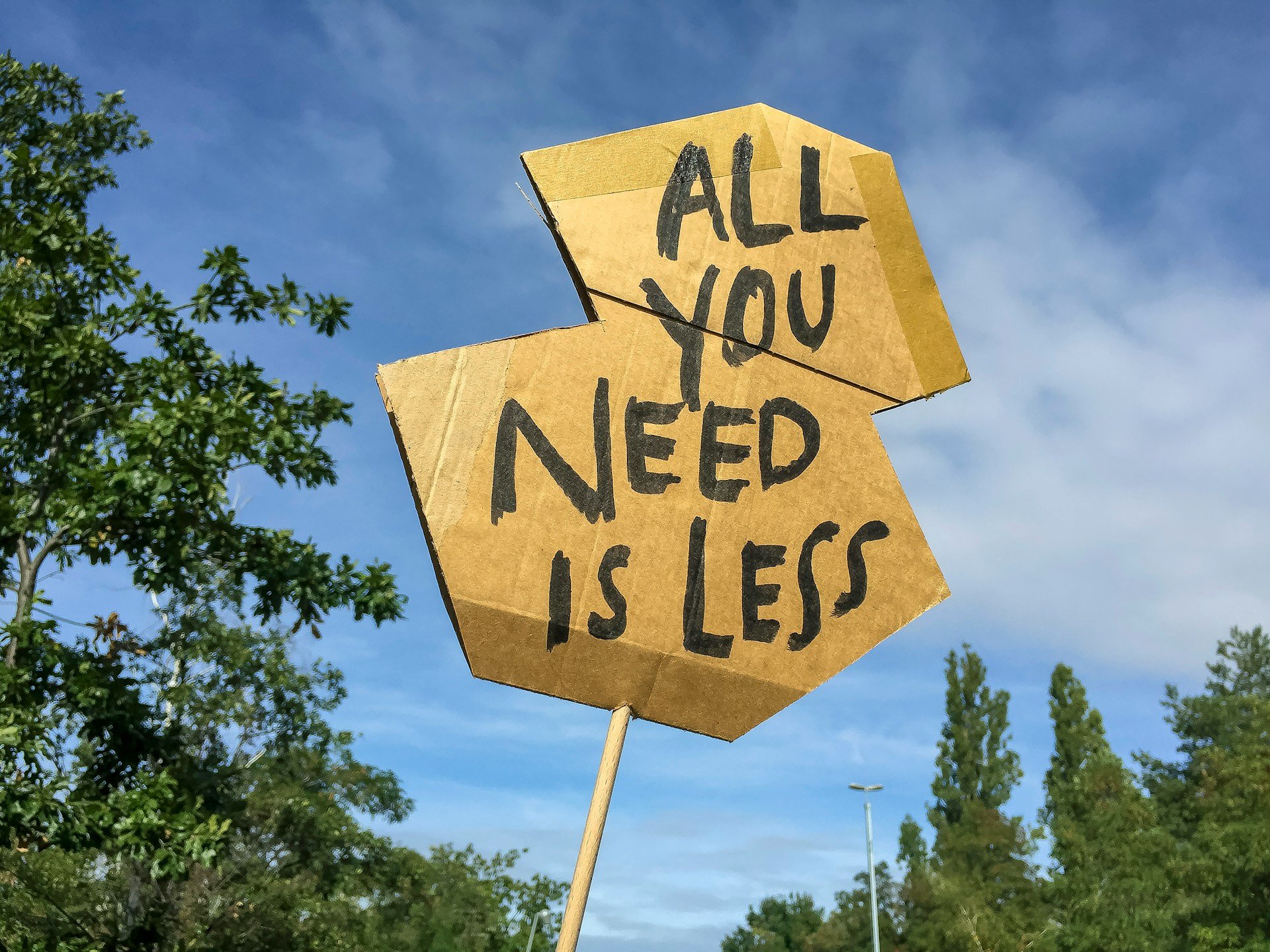
More Risk=More Meaning=More Fun
Well, I seem to have gone an entire month without a blog post! Not on purpose. I’ve been involved in a fun project, writing the true story of three orphaned mountain lion cubs who were miraculously saved by the joint efforts of residents of a local community and wildlife biologists and rangers.

The Final Push: How to Stick with Your Writing Goals During the Busiest Month of the Year
December already! If you’re like me, you’re wondering where the heck the past 11 months went.
If you haven’t quite accomplished everything you wanted to, writing-wise – well, you still have the month of December to go.
If you did bomb through all your writing goals, congratulations! You can take it a little easier this month. You may even want to start planning for next year.

A 3-Step Process to Help if You’re Blocked
Before I discuss the topic of this week’s post, I want to circle back to the “4 Burners” post from a couple weeks ago: Burned Out? The 4 Burners Theory of Energy. I’ve been thinking a lot about how to rebalance my life, and make the time I do spend more meaningful. Which means that, at least for now, I’ll be greatly curtailing my blog posts and newsletters – from once a week to once a month. I may post more frequently over on my Substack – or I may give that up, because honestly, as much as I want to cultivate a community there, it is yet another burner that I don’t have the time to fully devote my attention to.

Burned Out? The 4 Burners Theory of Energy
Sometimes I think my favorite hobby is juggling. Not balls or whatever, but Things To Do. I’m always trying to figure out a balance between all the things I need to do, want to do, and should do.
I think it’s fair to say many people these days are doing the same juggling act. How to have enough time and energy to do it all? We’re like hamsters on a wheel, desperately increasing our speed but never seeming to get “there” - to that place where we can, in fact, balance it all gracefully.

Your 6-Step Fall Writing Plan
I had my first pumpkin spice oat milk latte today (homemade) so it must be... Fall! Actually we’re in that sweet spot where the mornings are cool (even a bit chilly) and the days are warm and sunny and not humid. But still, it feels like we’ve turned a corner. Kids are back to school, most vacations are over, time to get back to work.

Are You Truly Choosing Your Hard?
The idea of “choosing your hard” has gone around self-help circles as a sort of tough-love motivational quote. To be fair, most of us need this reminder every once in a while in some area of our lives.
There are times when we don’t feel like writing. We don’t want to expend the energy. We find a million other things to do that seem way easier in that moment. What it comes down to is, the things that are worth doing are hard, but the cost of not doing them is harder.

Aspirations, Intentions, and Goals – What Do They Mean for You?
I’ve been rereading Oren Jay Sofer’s Your Heart Was Made for This, taking my time and reading one chapter weekly, implementing its lessons in my meditations and daily life. This week’s is about Aspiration, which brought to mind the subtle differences between aspiration, intention, and goal-setting.

The Pros and Cons of a Daily Writing Habit
I used to think that if I didn’t write every day in order to be a “real” writer. Or write a certain number of words per day, or hours per day. I believe it was Stephen King who writes 2000 words every day without fail, including holidays (I have his book On Writing here somewhere but am too lazy to go look up an exact quote).

The Torture of Getting Back to Long-Abandoned Projects
Nothing makes me more eager to clean my house than the prospect of actually having to work on a writing project I’ve set aside for a while. Household projects that have lingered on my to-do list for months suddenly take on new urgency. Errands must be run. Friends must be contacted – preferably for a long, two-hour chat. Oh, is that the time? Guess I’m not writing today.

5 Steps to Stop Procrastinating on Your Writing
It happens to all of us, despite the best intentions. We make plans, we set writing goals – and next thing you know, we’re staring at the end of another week where we haven’t done as much writing as we’d hoped (maybe even none at all).

How to Spend Less Time Writing (and Why It’s Good for You)
I used to have a sign in my office. It was a photo of a cat lazing on a sunny windowsill, and the caption read, “The fun isn’t in doing nothing. It’s in having lots to do and not doing any of it.”
I admit, I’m certainly contrary that way. I’ll spend time doing anything I’m not supposed to be doing, but when you tell me I have to relax, or laze around in bed – whaddaya know, all I feel like doing is jumping up and getting stuff done.
It’s reverse psychology at its finest. A well-known human paradox that as soon as we have to do something, that’s the very thing we resist doing.
But still, you may be asking, Why would I want to spend LESS time writing?

Why Can’t I Finish Anything I Write?
I heard this from a writer the other day, and she’s not the only one. She thinks she’s lazy, unmotivated, or worse – not a “real” writer. I’ve heard all this before. I’ve even felt it at times.

Money, Impact, or Expression: What Motivates You to Write?
Lately I’ve seen so many writers on social media fretting about sales, wondering when they’ll be able to write full time and make a living from it. They may have written one book, or several, but they seem tormented by the fact that they aren’t seeing “success” like they envisioned.
This mostly is true of indie writers, but a fair number of trad-pubbed or wanna-be trad-pubbed writers seem to think that earning a full time living from your writing is a norm, or at least a strong possibliity.
Let’s have a reality check for a moment: earning a living as a full-time writer has always been rare. Even more so if you write fiction (I’m really talking about book writers here, not freelance writers).
That’s not a bad thing, in my view.

Stay on the Bus: Patience in the Creative Process
I’ve been reading (and loving) Oliver Burkeman’s Four Thousand Weeks: Time Management for Mortals. A lot of what he talks about could be applied to the creative life, beginning with the fact that we do, in fact, have about 4,000 weeks total to live our lives. When you put it that way, it doesn’t seem like very many, does it? So the crucial thing is to do what’s most meaningtful to you now. Don’t wait for some mythical time in the future when you will “have enough time” or have your life completely sorted, or know exactly what you want to do.

How to Make New Year’s Writing Resolutions Stick
I’ve been seeing a lot of posts on Threads, Instagram, and other sites with lots of writers celebrating their accomplishments from last year, and setting out their goals for 2024. This is awesome – we should all celebrate any milestones we achieve! And setting concrete goals for our writing makes it much more likely that we’ll hit them.

A Kinder, Simpler Planning Process for the New Year
Is anyone else feeling post-holiday fatigue? I know I am. By this time, I’m usually focused on setting goals for the New Year. I have my planner, and clear descriptions of goals in different areas of my life – including writing, of course!
This year, not so much. This year, instead of planning a million things, I’m going to simplify.

How to Stay Motivated and Productive Over the Holiday Season
Tree up and decorated?
Presents bought and wrapped?
Cards written and sent?
Holidays menus planned? Baking done?
Figured out the schedule of parties? Other events?
Yeah, me neither.

Productive vs. Destructive Procrastination
I admit, I’ve been procrastinating on getting back into revising my novel. I had planned to revise it this fall and then send it out next year, but an unforeseen move to another state meant that I spent September and October frantically packing and preparing to move. Now I’m more or less settled in the new place, and I have a little room to breathe and try to get back into my writing routine.

How to Stay Motivated to Write in the Last Days of Summer
I can’t be the only one whose productivity has plummeted in these final days of August. This week, I thought I’d write a quick post for all of who need a little jump start to stay creative even as the summer runs out.

What Is Your Writing Starting Ritual?
Let’s face it, the blank page can be daunting. Once we settle on a schedule for writing, we still have to show up and do the work. In that moment of decision, it’s easy to defer our writing until later, until tomorrow, until we feel like it...
News flash: you may not ever “feel like it.” You’re not going to come to the page super-motivated every day. If you only write when you feel like it, you probably won’t get much writing done.
Having a starting ritual can help.
